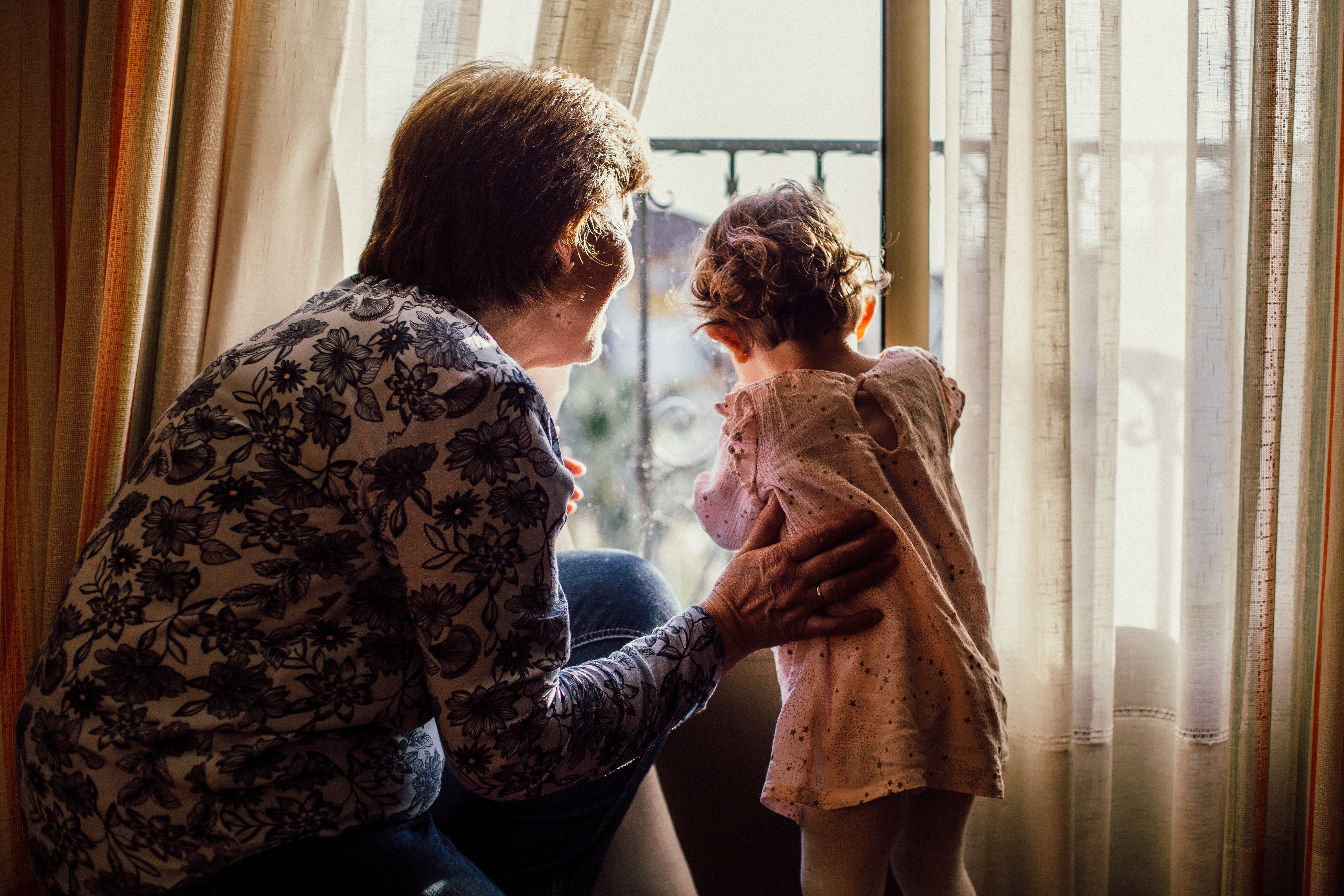Last week, we shared three good money habits that you can teach your kids. But how can you do the same for your grandchildren, without stepping on their parents toes? That’s exactly what we’re talking about today.

Do you remember that feeling of frustration when your parents told you how to look after your kids? How can you approach teaching your grandchildren good money habits without stepping on their parents’ toes? That’s what these tips are here for
Figure out your money goals
If you’re dedicated to teaching your grandchildren about money, the first step is to figure out what you’d like to teach them. To do this, you need to consider how old they are - which will determine what you can teach them, as well as what their parents might be teaching them.
Start a conversation with their parents about wanting to help teach money, and you’ll hopefully be met with open arms. By starting a conversation about how they’re approaching money at home, you can offer help in the areas they don’t feel comfortable talking about, as well as helping to reaffirm household teachings
If you want to teach your grandkids about money, but their parents aren’t too receptive to the idea, you can respect their wishes while still helping out. Money lessons are applicable to all areas of life: Generosity, organisation, and independence are life lessons which also help when it comes to money, and we teach these in the way that we act around people. Even without mentioning the word ‘money’, you can help to raise financially-free kids
Share your money story
You have a lifetime of money experiences to share, and teaching good habits through engaging and natural conversations can help the lessons to stick in your grandkids’ minds. Why not share stories about your life growing up? Watch their eyes bulge as you tell them that you didn’t have a phone growing up, and that if you wanted to buy something expensive, you had to walk down to your bank and get the money out first.
You can also share mistakes that you’ve made with your money. After all, when we look back on impulsive purchases we’ve made, or investments we were sure would make us millionaires, it’s usually pretty funny. Think about it this way, is your four-year-old grandchild more likely to listen to a story about grandma accidentally buying 50 pairs of shoes, or the day you set up your first savings account
Help prepare for their future
Our final tip for grandparents is to help your grandchildren prepare for their future. While you can’t predict whether they’ll go to university, or what industry they’ll want to enter, you can guarantee that some extra funds won’t go unwelcomed.
Of course, you can start out by regularly saving money for your grandkids. This could be £10 a month, or £20 a year - whatever you can afford. Just make sure you don’t only consider saving for them. Investing seems daunting, but we promise, it’s much easier than it first looks - and with the UK’s interest rate extremely low at the moment, it tends to be the more profitable option. If their parents have already started investing for their children, you can also contribute money into their fund, rather than starting your own.
Another option available is a Junior ISA. While this has to be set up by a child’s parent or guardian, anyone can contribute to it - including grandparents! For the 2021-22 financial year, the maximum yearly contribution is £9,000, and when the child turns 18, all of the money in the ISA is legally theirs.
What should you talk about?
Looking for more guidance on how to start conversations about money with kids? Our Money School has a lesson dedicated to just that - and you can access it by signing up to SmartPurse!